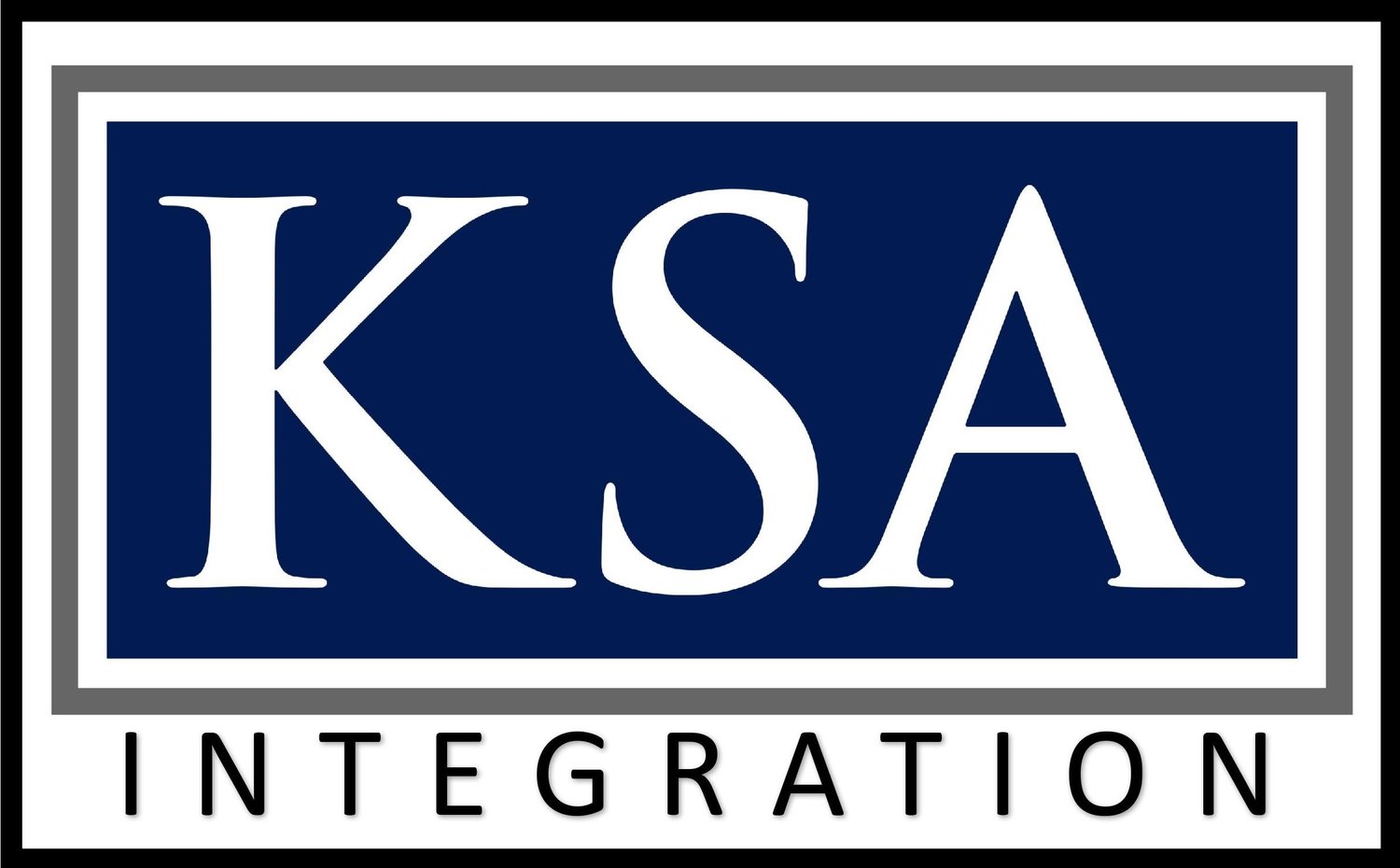The Power and Misuse of ‘No’
- July 23, 2015
- Posted by: k-admin
- Category: Leadership

“You have to decide what your highest priorities are, have the courage – pleasantly, smilingly, unapologetically – to say ‘no’ to other things. And the way to do that is by having a bigger ‘yes’ burning inside.” – Steven Covey
For leaders, ‘no’ can be a dangerous word. It’s a difficult word for leaders to use; we would all like to say ‘yes’; to agree, to do most of the things we are asked for. It’s human nature to want to be agreeable, likable, conforming, supporting, and part of the team. But there are organizational consequences when leaders too easily say ‘yes’. These are some of the things that happen:
- An ever growing number of “priorities” that change on an almost daily basis.
- Employees quickly lose track of the latest commitments and cease to pay attention to them.
- Initiatives are added that have no relationship to long term goals, strategy, or broader organizational purposes.
- Leaders evade their responsibility to decide what not to do.
I see this in government and not-for-profit organizations in particular. It renders them adrift on a sea of whims and impulses transmitted from their leaders’ desires to be agreeable. The real work of the organization is lost or seriously diminished.
Conversely, the over-use of ‘no’ at the lower levels of companies, by those closest to its customers and partners, is equally damaging. ‘No’ is frequently employed at that level to reduce work, ease the personal circumstances of employees, repel inquiries, and generally increase the ease and comfort of those who should be working hardest to satisfy those who are the object of the company’s mission; customers. Most leaders don’t know who, or under what conditions their employees say ‘no’. Leaders should though. I led an organization of almost 17,000 people a few years ago. I told my staff and line leaders that I was the only one empowered to say ‘no’. It really works.
‘No’ may be the most powerful word in leaders’ and employees’ lexicons. Leaders need to understand its meaning and effects at all levels to ensure that it’s used appropriately for the circumstances.
“People think focus means saying yes to the thing you’ve got to focus on. But that’s not what it means at all. It means saying no to the hundred other good ideas that there are. You have to pick carefully.” – Steve Jobs
Keith Stalder, #52
Copyright © 2015 Keith Stalder & Associates, LLC. All rights reserved.
Keith Stalder has over 40 years of leadership experience in organizations from the very large and established to small technology start ups and everything in between. With a broad and deep appreciation for, and understanding of, the fundamental challenges of organizations and businesses, both in government and the private sectors, his passion is to help all organizations become all that they aspire to. He is the founder of Keith Stalder and Associates, LLC, a company dedicated to advancing organizational visions and fundamentally transforming how businesses everywhere are run. Visit www.ksaintegration.com for more information.
